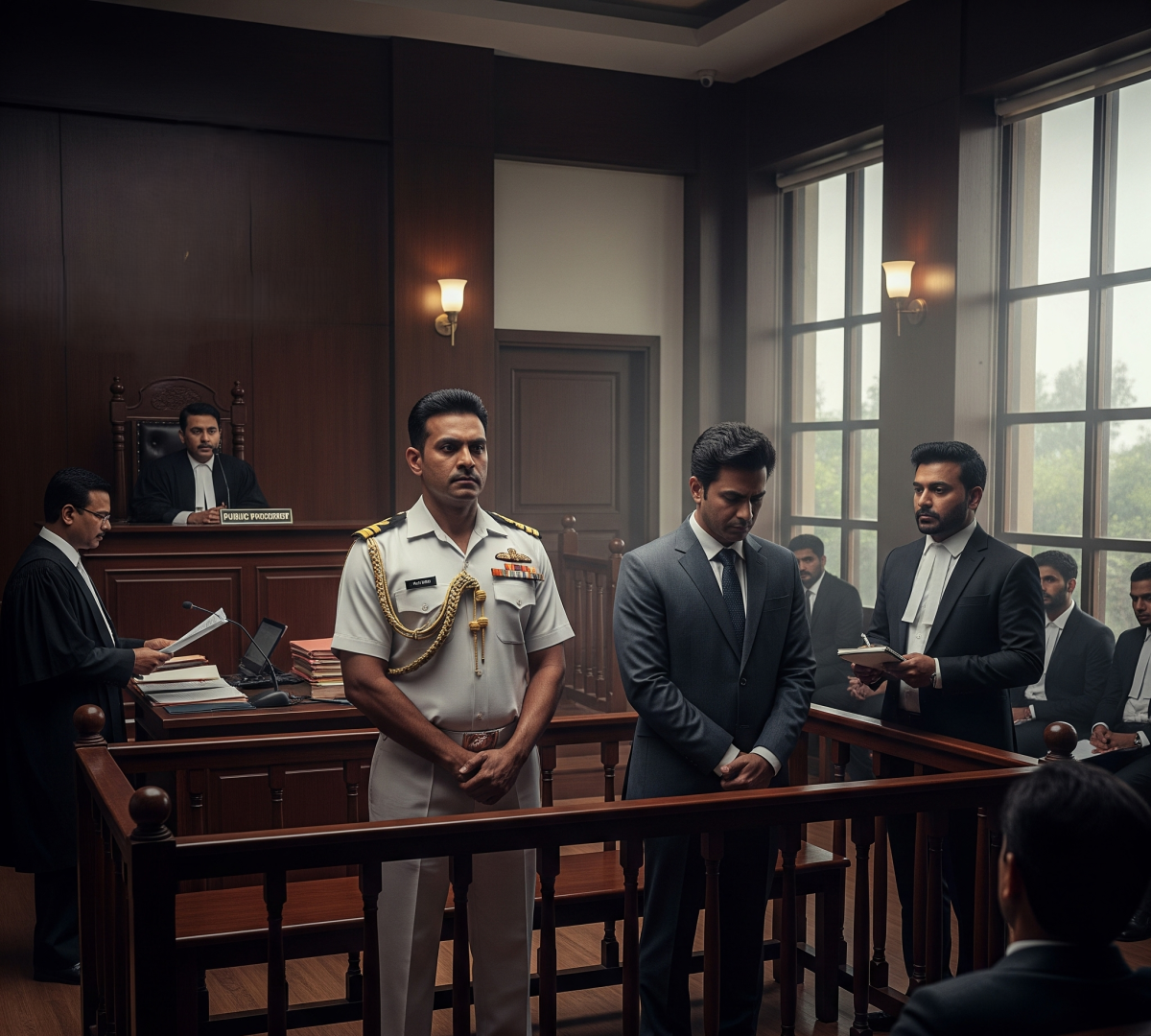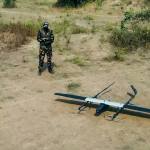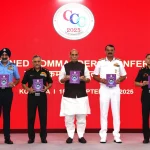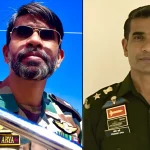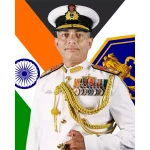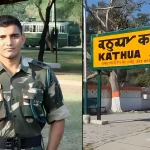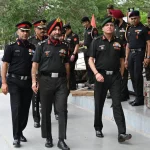Fifteen years after a recruitment scandal shook the Navy, a special CBI court has convicted a former Naval commander and a coaching centre proprietor for leaking the Western Naval Command’s Lower Division Clerk (LDC) exam paper in 2010.
The court held Commander Ramesh Chand Saini, then posted at INS Angre and serving as president of the Western Naval Command’s recruitment board, and Rambir Singh Rawat, proprietor of Manasa International Academy in Visakhapatnam, guilty of conspiracy and criminal misconduct.
Both were sentenced to three years’ rigorous imprisonment and fined ₹50,000 each. In default of payment, they will face one month of simple imprisonment. They were, however, acquitted of charges of cheating, forgery, and use of forged documents.
The Case
The scandal came to light after a CBI raid at United Lodge near Crawford Market, Mumbai, on the eve of the LDC exam scheduled for September 26, 2010. Investigators recovered question papers identical to those set by Saini, both in content and order.
The court found that Saini had exclusive custody of the paper, carrying it on a pen drive to Pune, where it was printed by Atharva Consultancy and Allied Services. Witnesses from the printing press confirmed the process was carried out under his supervision.
Rawat, who ran the Visakhapatnam coaching centre, then distributed the leaked paper to candidates, with identical copies later seized from his academy.
Acquittals
Four others — Ram Chandra Naik, administrative officer at the Naval Dockyard in Mumbai; Hoshiar Singh Rawat, a farmer from Haryana; D Srinivasa Murthy, administrative officer at the Eastern Naval Command, Visakhapatnam; and Kuldeep Kumar, a private sector employee from Bihar — were acquitted.
Special CBI judge Amit V Kharkar observed that the prosecution had failed to establish their involvement beyond reasonable doubt, citing gaps in the evidence chain and the death of Atharva Consultancy’s proprietor before trial.
The court concluded that while Saini and Rawat acted “with dishonest intention to cheat the Indian Navy and the general public,” the benefit of doubt must go to the other accused.

